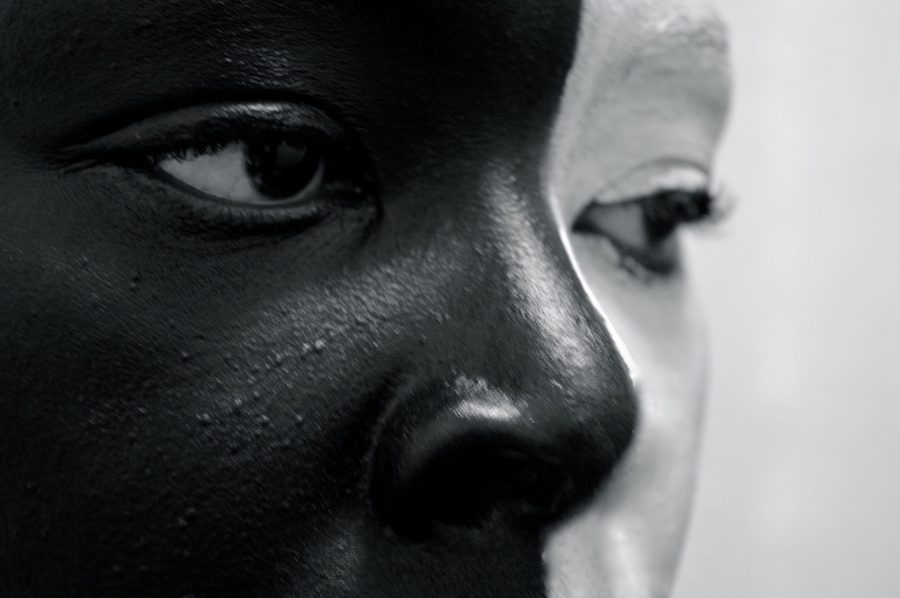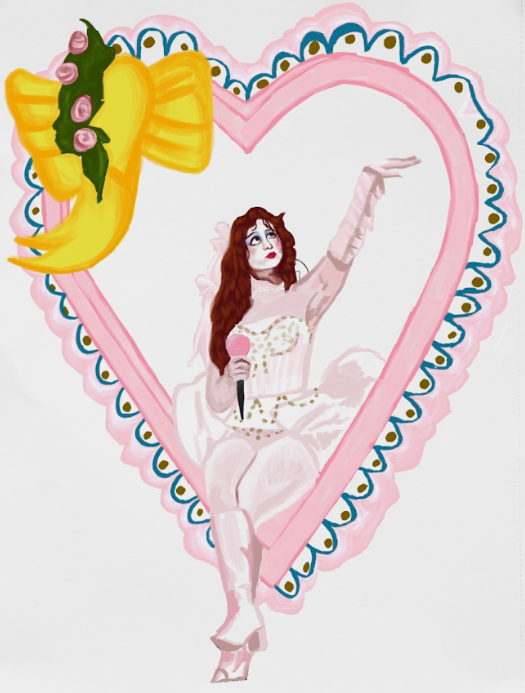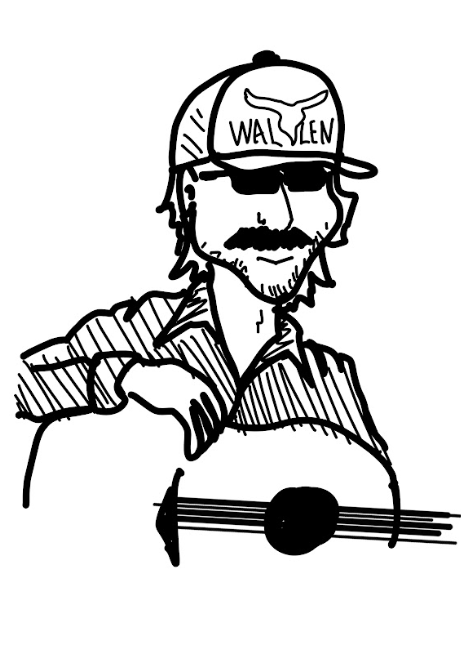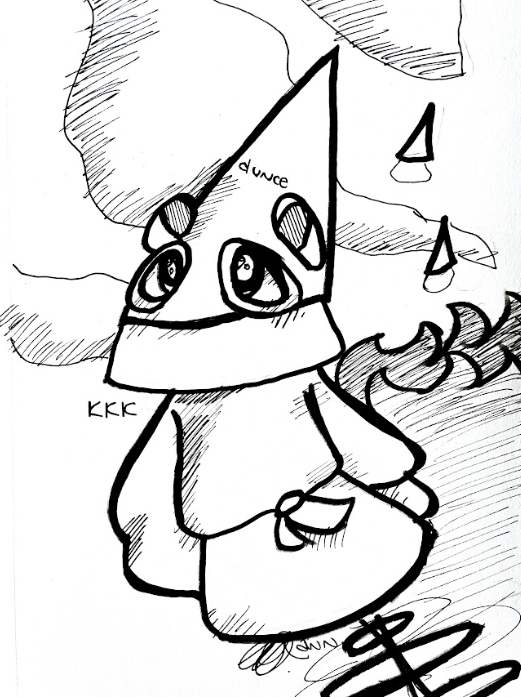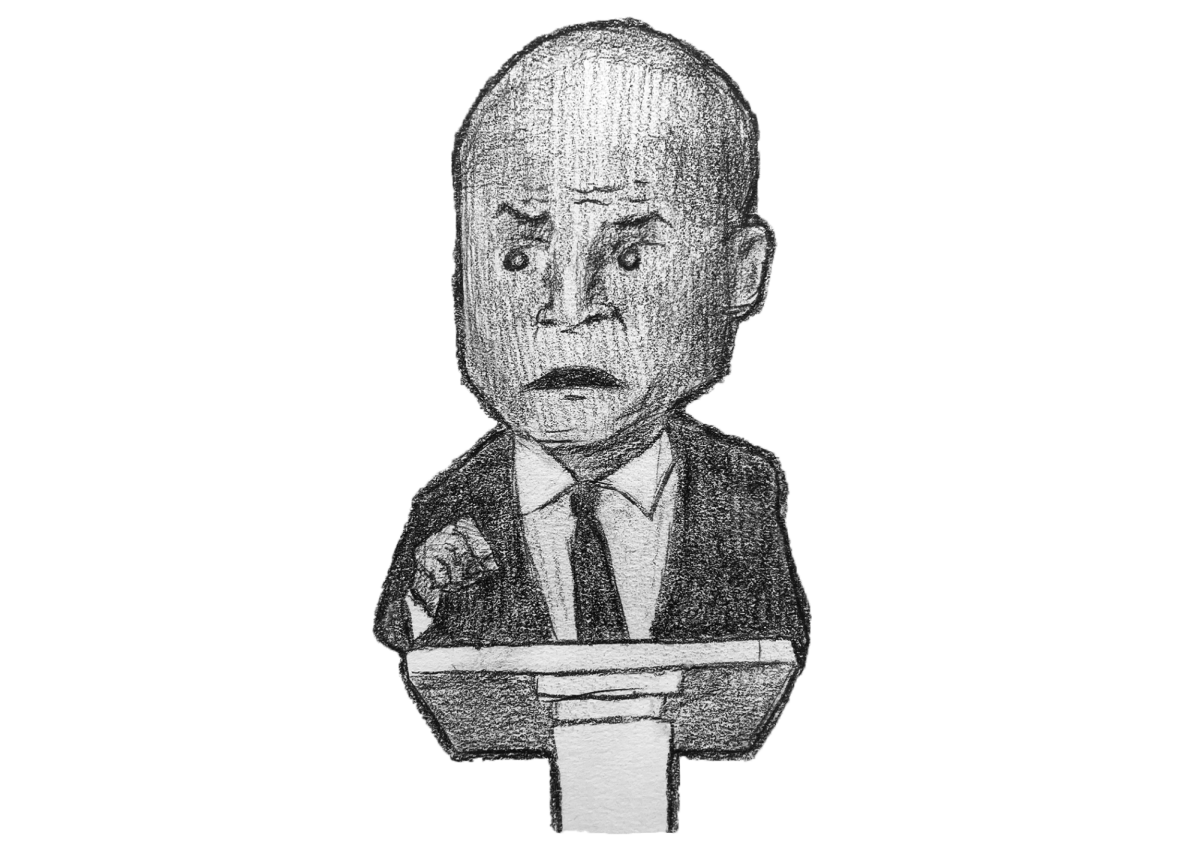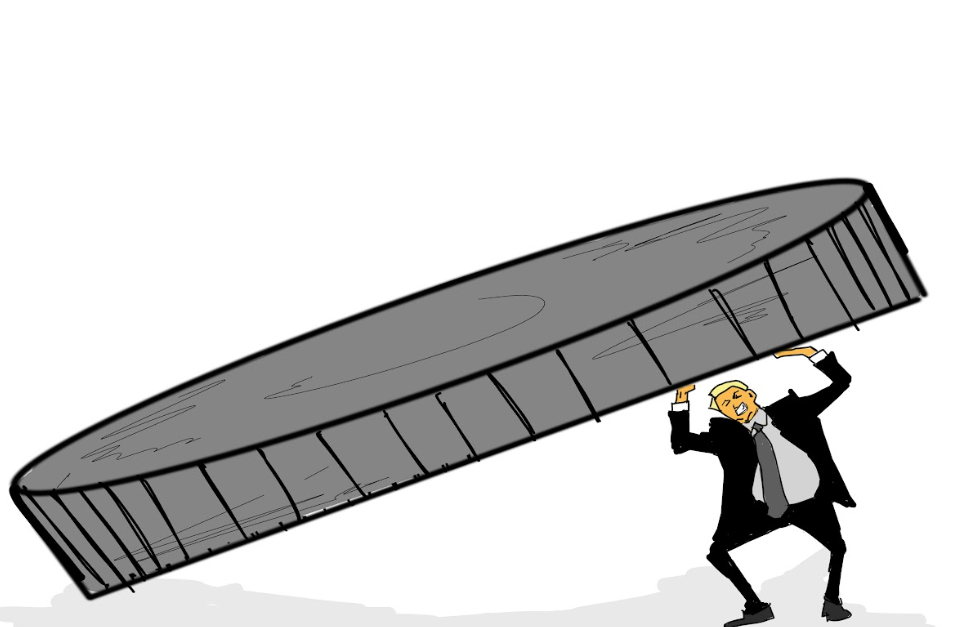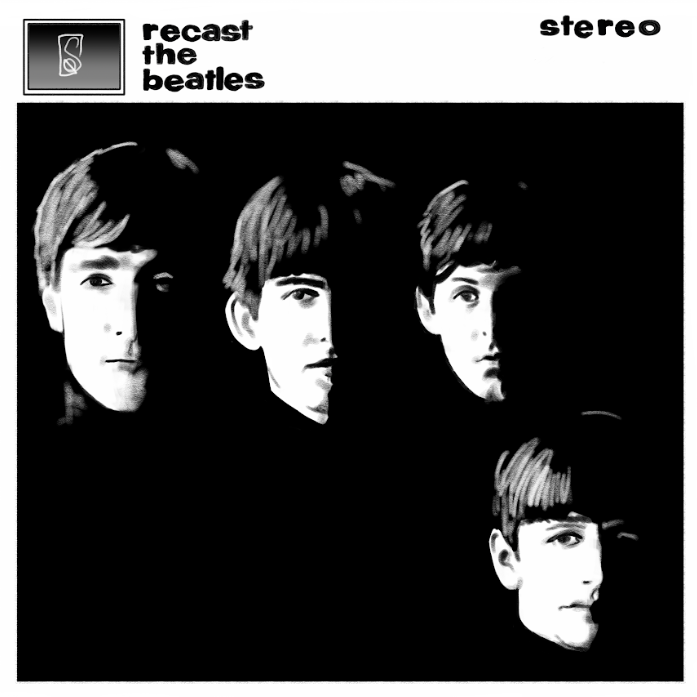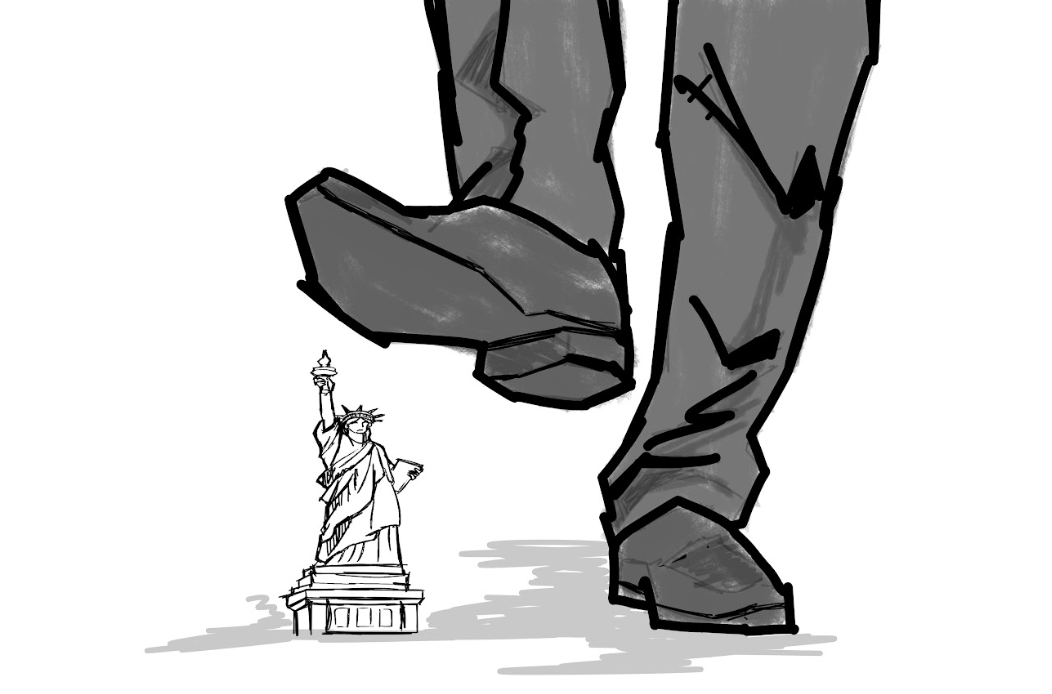Going to college is achieving an unprecedented landmark when you’re a first generation college student. Being the first person in my family to attend college was exciting for me. The people who helped me move my belongings into my dorm room were nice, which was weird because growing up most people were not so friendly. The movers were either current or former students. They were telling me about events on campus, and how UTSA was a great school; however, I did not trust them. I was raised not to trust people.
On my first day in a college classroom, I immediately noticed 99 percent of the class did not look like me. I wondered, ‘Where do I sit? Can I even relate to these people? Should I say wassup? Hi?’
Many of us African Americans wonder how we are supposed to fit in. This is the reality for many of us during their first day in college. Just to fit in many of us “wear the mask.” The mask African Americans are required—or feel obligated—to wear is soul crushing. The mask is a way for African Americans to shield their identity, because many of us feel we will not be accepted—and we are right. As stated in Paul Laurence Dunbar’s poem, “We Wear The Mask”:
“We wear the mask that grins and lies, It hides our cheeks and shades our eyes, This debt we pay to human guile; With torn and bleeding hearts we smile… We wear the mask.”
Story continues below advertisement
That’s the exact feeling many of us have when we have the mask on. We know we cannot be accepted for who we are.
Speaking slang is common when you grow up in a predominantly black community. While in college I refrained from using a lot of slang, because people would look at me as if I was speaking another language. For instance, while I was on a trip with some friends, one of them asked me to stop using so much slang. And so the mask is put on.
As my time in college has persisted, so has the time in my mask persisted. My culture and identity have started to slip away. Talking to people without my mask on becomes terrifying, because they see me as ignorant. I am afraid to talk to people without my mask on because I know they will ask me to “speak proper English.” But the way I speak is a part of my culture and identity. In contrast, some African Americans do not use slang when they speak. People are shocked! They say, “you speak so white,” or, “you’re not black, because black people don’t talk like that.” But is there only one type of African American? Ones who use slang, ones who can’t read and ones who play sports? Hell no!
Many of us are judged before we even speak. If we don’t sound like the “traditional” (stereotypical) black person or black thing, then we are judged when we speak. Most people don’t think black people like anime. FYI many of us love it. We have the same education and in some cases, we have more education than other races, despite systemic barriers.
We should not have to hide our identity to please the “majority.” We should not have to be ashamed of our hair or the way we look. We are Black and Beautiful. This is college—a place where we should be able to discover ourselves and be free. Talk the way we talk, walk the way we walk and be proud of our culture. Langston Hughes once said, “It is the duty of the younger Negro artist… to change through the force of his art that old whispering ‘I want to be white,’ hidden in the aspirations of his people to ‘why should I be white? I am a negro and beautiful.’” Being Black in college (or LGBTQ, Muslim or an immigrant) you will be forced to question who you are; however, being in a marginalized group, we must maintain our identity. No matter what anyone says about us, the only person who must accept us is ourselves.


